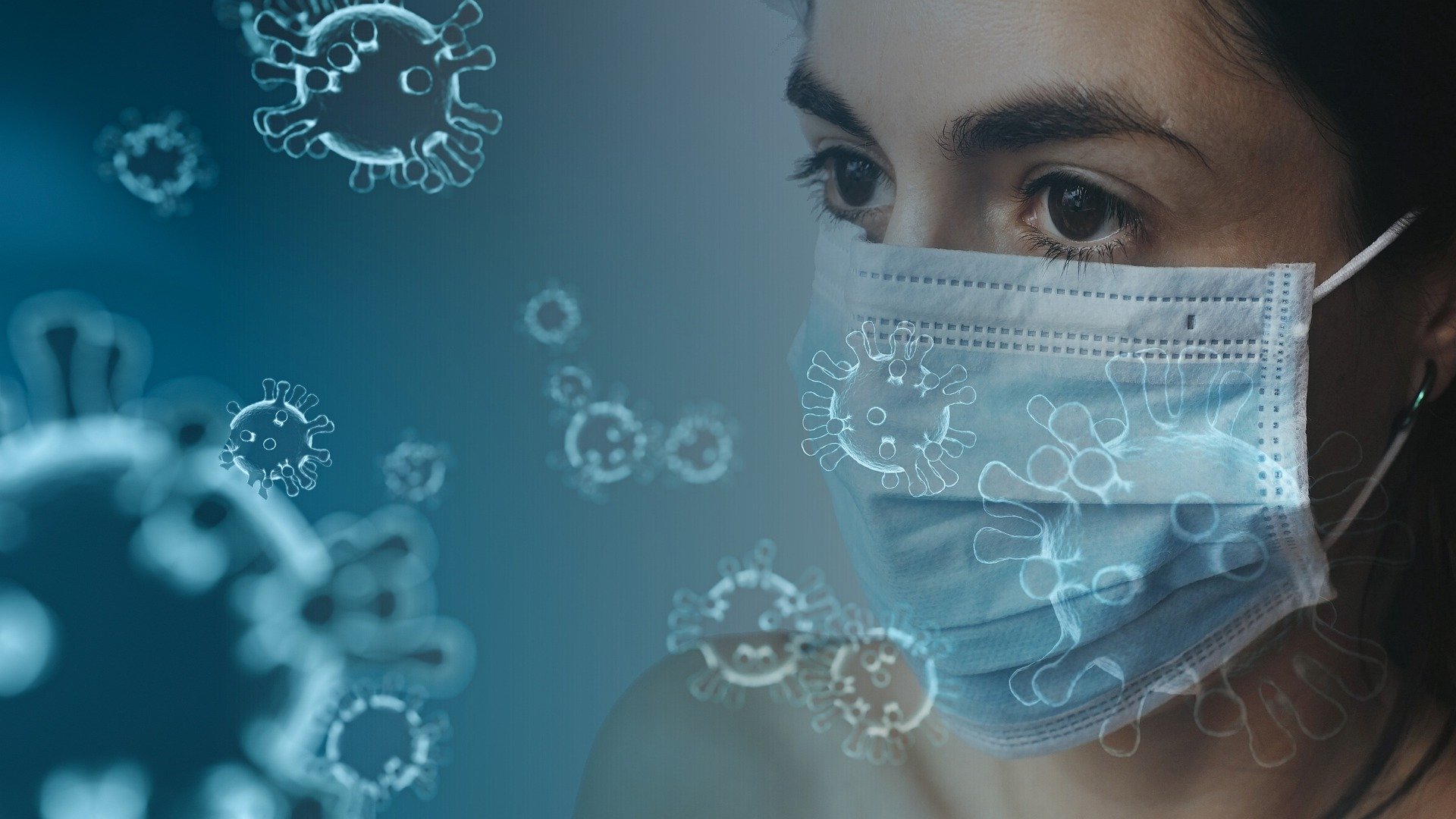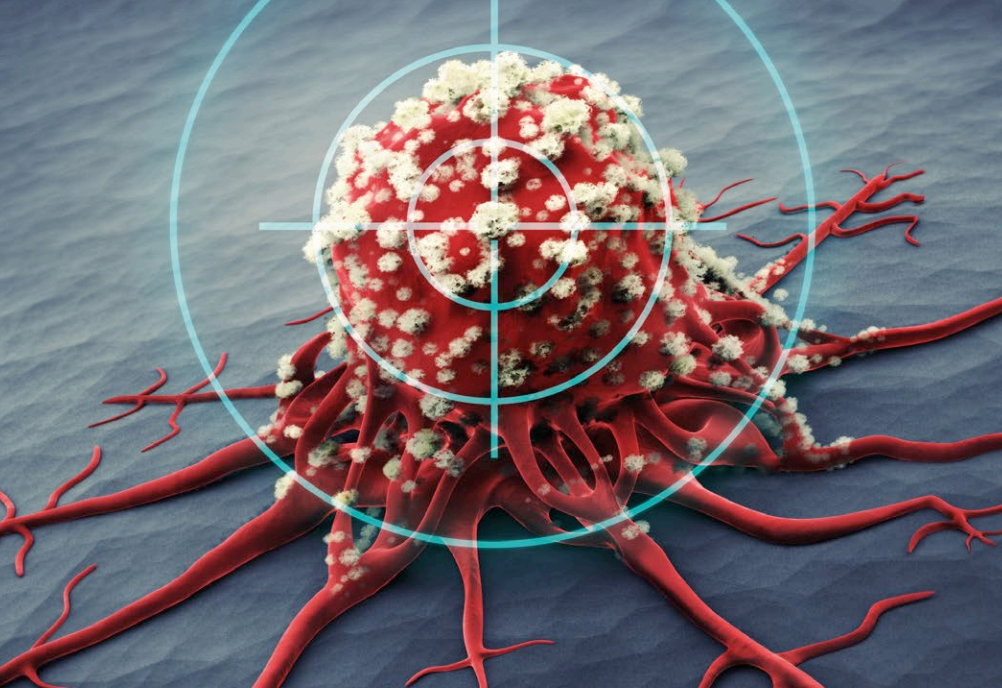Share this Page:
A recent review published in the Journal for ImmunoTherapy of Cancer looks at the implications of people with renal cell carcinoma (RCC) taking immune checkpoint inhibitors and contracting the SARS-CoV-2 virus.
Cancer patients are considered at high risk during the coronavirus pandemic. However, this review states that, although additional studies are needed, the most up-to-date guidelines state that patients should start to take or continue to take immune checkpoint inhibitors, that treatment with immune checkpoint inhibitors should not be started when a person is diagnosed with COVID-19 infection until they are clinically stable, and that patients on immune checkpoint inhibitors should be vaccinated as quickly as possible.
However, these guidelines continue to change quickly and vaccination guidelines are currently based on non-immunotherapy treated and non-cancer patients. There remains gaps in our knowledge regarding the clinical and immunologic relationships between the SARS-CoV-2 virus and immune checkpoint inhibitors.
Currently, evidence appears to suggest that the use of immune checkpoint inhibitors does not significantly increase the risk of getting SAR-CoV-2 or increase the severity of the disease, although the number of patients in these studies were small and patients need to be followed for longer. Also, most of the evidence is based on long term rather than short term infection with coronavirus.
The impact of the immune response in patients treated with immune checkpoint inhibitors following COVID-19 infection and/or vaccination is largely unknown.
Larger and controlled prospective studies are needed to further investigate the potential risks and benefits of treatment of cancer patients with immune checkpoint inhibitors on both infection with the SARS-CoV-2 virus and various COVID-19 vaccines.
Read the full review in the Journal for ImmunoTherapy of Cancer here













